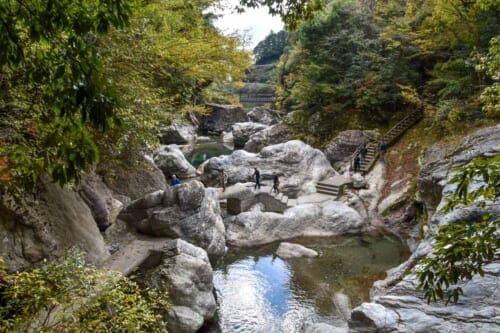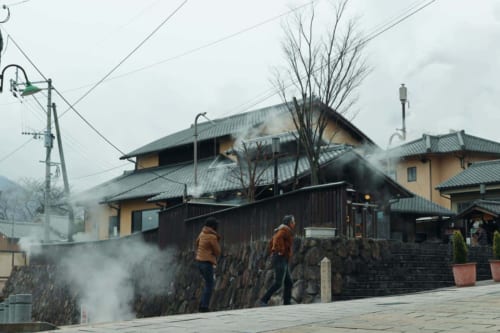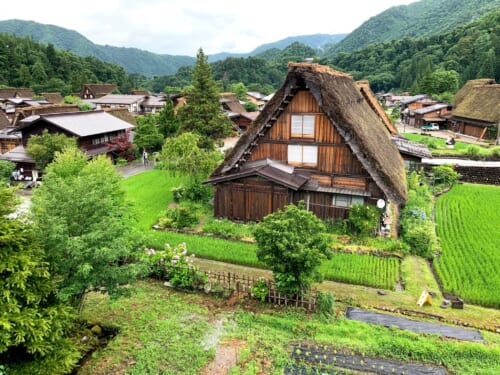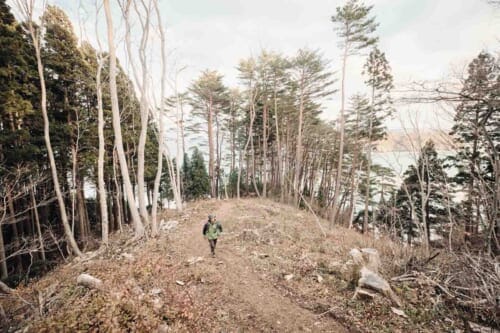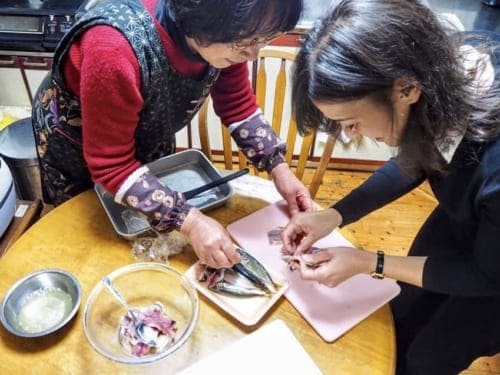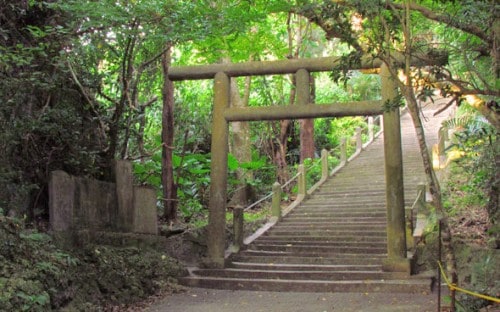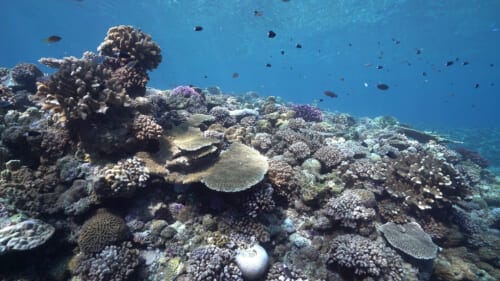With over 70% of its land covered by mountains, Japan is one of the best countries in the world for camping. From scenic lakes to forested hills, and nearly 3,000 public campsites nationwide, it’s a paradise for nature lovers. After two months exploring Japan’s camping routes, here’s everything you need to know to plan your own adventure.
What You Need to Know Before Camping in Japan
- Wild camping is generally not allowed in Japan. However, there are a few free campsites, which are listed on resources like Free and Cheap Campsites (available in English). These are often located in municipal parks or undeveloped land where setting up a tent is permitted.
- Most campsites are equipped with toilets, but showers are often unavailable — even at some of the more expensive sites. When available, showers are usually coin-operated. Prices can vary significantly: we paid anywhere from 100 yen for 15 minutes to 200 yen for just three minutes.
- One convenient detail: you don’t need to bring your own toilet paper. Japanese campsites usually keep their facilities well-stocked. In the rare case that paper was missing, there was a spare roll available near the entrance.
- When you arrive at a campsite, you will typically be asked to fill out a short form with your personal details. Be prepared by having your passport handy!
How Much Does Camping Cost in Japan?
Camping is one of the most budget-friendly ways to travel in Japan. While hotel stays can quickly eat up your budget, a night at a campsite for two people with a tent and a car usually costs around 1,500 yen.
Prices vary depending on the campsite. Some charge per person, others by the tent or vehicle. Many larger campsites also offer rental equipment, which can save you the hassle of bringing your own.
What to Bring When Camping in Japan
Packing the right gear can make all the difference when camping in Japan, so here is what you will need to stay comfortable and prepared in the great outdoors.
Essential Gear
At a minimum, you’ll need a tent, sleeping bag, and ground mat. In summer, especially in southern regions like Kyoto to Okinawa, it can be very hot — consider replacing the sleeping bag with a light sheet instead. A tarpaulin (available at 100 yen shops like Daiso shop) is useful for protecting or drying your tent during Japan’s rainy summer months.
Transportation Tip
If you have your own gear, it’s a good idea to rent a car or a camper van with the money you’re saving from camping. Campsites are often hard to access by public transport, and some may be unexpectedly closed, having a car gives you flexibility.
If you don’t drive, travel light and rent equipment at the campsite. Many large sites offer tents, barbecues, tables, and even dishwashing tools for a few hundred yen.
The Japanese Style of Camping
Camping in Japan is less about saving money and more about enjoying nature in comfort. Japanese campers often stay for several days and set up impressive sites: large tents, cooking shelters, and barbecue areas. You might feel underprepared next to them, but don’t worry — even a basic setup can still lead to a great experience.
Many campsites have communal kitchens and fixed barbecue stations, so you often don’t need to rent one. Just bring a lighter, skewers, and food from the supermarket for a fun and easy outdoor meal.
How To Find A Campsite in Japan
Japan is home to thousands of campsites, from mountain retreats to seaside spots. The starting point is looking for your campsite, using online resources such as Japan National Tourism Organization (JNTO)‘s website or regional camping directories or brochures at tourist information centers in larger cities or near national parks. Here’s how to find the best one for your trip — whether you’re looking for budget camping or a bit more comfort.
Use Google Maps for Fast Results
The most reliable and user-friendly tool to locate campsites in Japan is Google Maps. Once you know your travel route, simply type in terms like “campground,” “campsite,” or “キャンプ場” (kyampujo). You will find:
- Campsite locations near your destination
- Reviews and ratings
- Photos of the site
- Contact details, including phone numbers (useful for GPS entry)
Reserve in Advance During Peak Season
Camping is especially popular during Golden Week (late April–early May) and the summer holidays (mid-July to mid-August). Campsites often fill up quickly, so calling ahead or booking online is highly recommended to avoid disappointment above all during national holidays in Japan.
In Case of Emergency: Ask Locals or the Town Hall
If you arrive without a booking and can’t find a nearby campsite, visit the local town hall (市役所 / shiyakusho). Staff may be able to direct you to free or public camping areas, often in parks or open fields.
Tips for Wild Camping (If Absolutely Necessary)
Wild camping is generally not allowed in Japan, but if you find yourself without other options:
- Only camp on public land and make sure you are not trespassing.
- Be discreet and respectful: Avoid setting up in busy parks or near homes.
- Check the area for hazards like insect nests, low-lying spots, or early sunlight.
- Leave no trace: Take all garbage and recyclables with you.
Consider Renting a Bungalow
Most established campsites offer bungalows or cabins as an alternative to tent camping. While more expensive than a tent site, they’re cheaper than hotels and often include basic amenities. These usually require advance reservation, especially in high season.
And there you have it — everything you need to enjoy an unforgettable camping experience in Japan. Whether you’re waking up to misty mountain views or falling asleep under a starry sky, camping here offers a unique and rewarding way to connect with nature. We hope your journey is filled with fresh air, peaceful mornings, and memories that last long after your tent is packed away.
Cover photo: Syuhei Inoue
